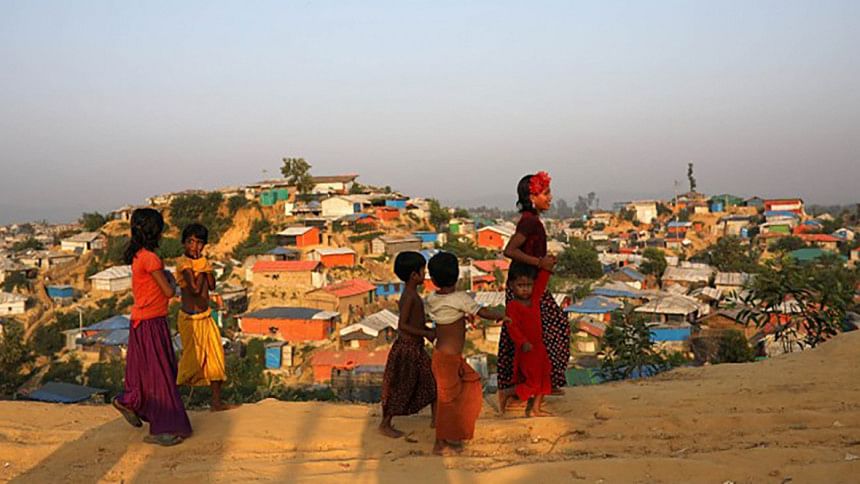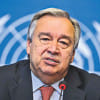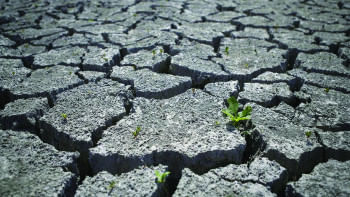UN human rights expert calls for targeted sanctions on Myanmar

A UN human rights expert on Myanmar has called for sanctions against Myanmar military-run companies and commanders responsible for serious rights violations.
Special Rapporteur on the situation of human rights in Myanmar Yanghee Lee told the UN General Assembly in New York that she sees no discernable improvement to the situation in Myanmar.
Lee called for targeted sanctions against the Tatmadaw's companies and its commanders most responsible for serious violations.
She said the Security Council must refer the entire situation to the International Criminal Court or establish an international tribunal to try alleged perpetrators of international crimes, according to a message received here from Geneva on Thursday.
The international community should also work with civil society to develop transformative processes in accordance with the pillars of justice, truth, reparations and guarantees of non-recurrence, Lee said.
"An end to impunity in Myanmar remains a lofty, far-off goal," Lee said. "However, the international community must maintain its resolve and do more if that goal is to become within reach."
Lee said that since April of this year, there has been a sharp rise in the number of cases involving military reprisals against critical protesters, activists and journalists reporting on the conflict in Rakhine State.
In September, government officials filed separate criminal defamation complaints against two satirists and a cartoonist for their social media posts, which were critical of the ruling National League for Democracy.
"With general elections next year, this is a deeply worrying trend," she said.
Lee expressed concern about the Myanmar government plans for hydropower development in conflict areas where communities have been displaced from their land, including in Rakhine and Chin States.
Communities in Kachin, Shan and Kayin states continue to protest proposed hydropower dams that will submerge their lands, and with very little information made public about the plans, they are left in limbo about their fate.
Lee said she "remains resolute in my belief that it is unsafe for Rohingya refugees to return to Myanmar until the fundamental circumstances leading to their expulsion are remedied".
She cited the case of up to 30 Rohingyas being arrested, charged and convicted of criminal offences because they had left Rakhine State in September. Among them were eight children sent to a detention centre, and a five-year-old who is in prison with his mother.
"This abhorrent treatment is completely antithetical to Myanmar's human rights and child rights obligations, and is indicative of the risk that any returning Rohingya would face if they wished to exercise the freedom of movement that they are demanding," Lee said.
"This is the living reality faced by the 600,000 Rohingya remaining in Myanmar."

 For all latest news, follow The Daily Star's Google News channel.
For all latest news, follow The Daily Star's Google News channel. 








Comments